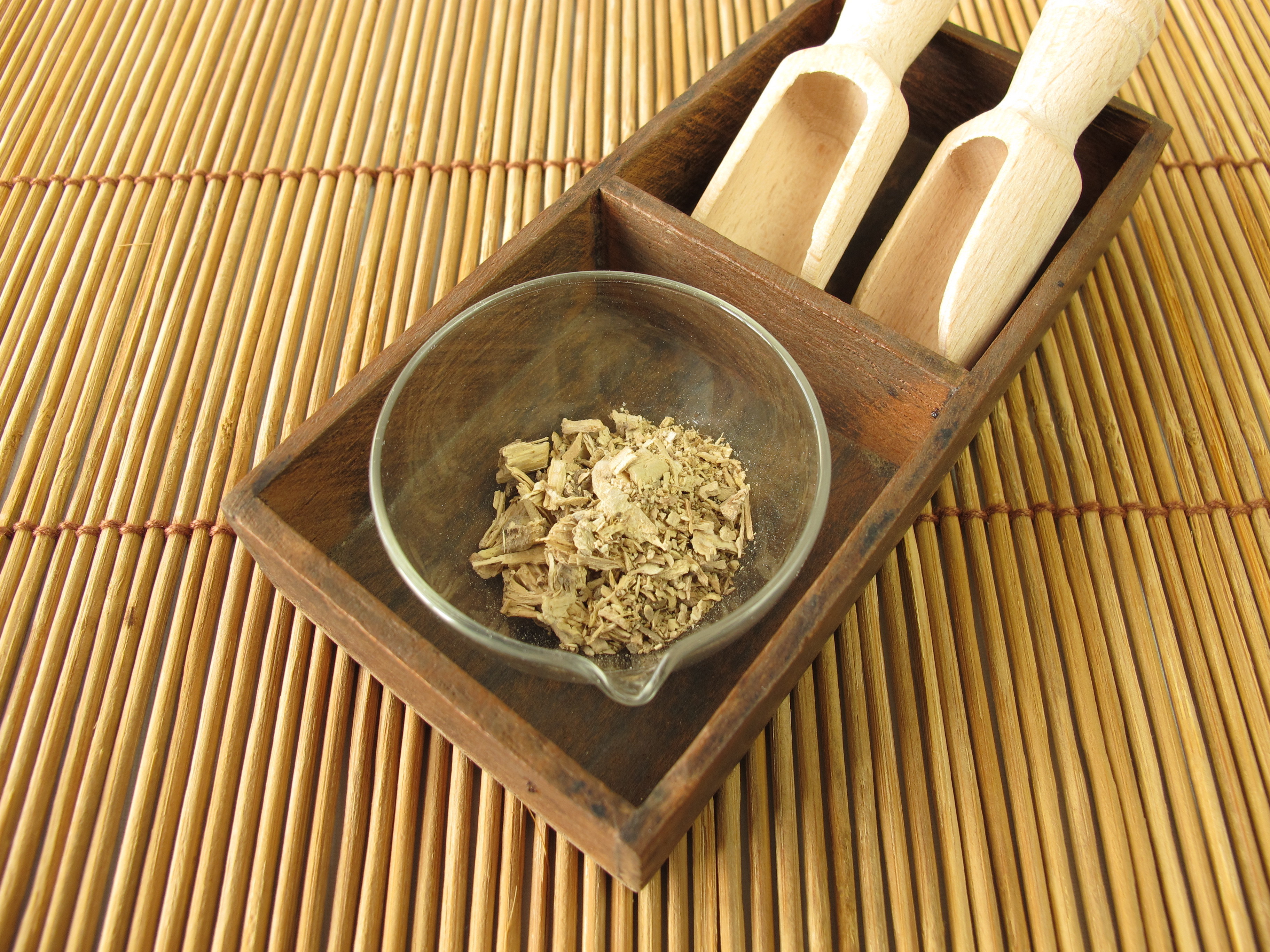Kava Plant May Treat Anxiety

An extract from the kava plant can treat people with chronic anxiety, a study from Australia finds.
Patients with generalized anxiety disorder who took kava extract tablets for six weeks showed a significant reduction in their symptoms, compared with a control group that took placebo pills, the results showed.
The study confirms previous findings showing the anti-anxiety effects of kava, a psychoactive plant native to the Pacific region.
Kava is culturally important among many Pacific Islanders, and is used in rituals and ceremonies. Consuming kava may induce a mild sedation and euphoria, a numbing effect and enhanced social interaction. It is prepared in various forms, such as grinding the plant or brewing its roots.
It's believed the roots contain chemicals that may treat anxiety. The active ingredients of the plant are compounds called kavalactones. These chemicals have similar effects to medications such as Xanax, which are used to treat anxiety and panic disorders.
In the new study, 75 patients with anxiety disorders were given either kava or placebo pills, and their anxiety levels were regularly assessed over the next six weeks.
Patients who consumed kava tablets showed significant improvements in their symptoms, as measured by a commonly used psychological test.
Get the world’s most fascinating discoveries delivered straight to your inbox.
By the end of the experiment, 26 percent of kava-consuming patients were in remission from their symptoms compared with 6 percent of the placebo group, according to the study, which was published this month in the Journal of Clinical Psychopharmacology.
Kava is less addictive and has a lower risk of side effects compared with conventional anxiety medications, according to the study.
In the study, some people taking kava reported headaches, but no other side effects were seen. Previous studies have suggested the plant may have negative effects on the liver, but liver tests in the study participants showed no problems.
Researchers also found that people’s genetics may affect their response to kava. Genes that code for proteins that transport a brain chemical called GABA may play a role in this, .
“If this finding is replicated, it may pave the way for simple genetic tests to determine which people may be likely to have a beneficial anxiety-reducing effect from taking kava,” said Jerome Sarris, study author from the University of Melbourne.
The new study adds to the evidence of kava's medicinal potential. A 2010 review of 12 controlled trials concluded that kava is likely to be an effective treatment for anxiety, and its short-term use is likely to be safe. The reviewers, however, called for larger studies to bolster these results.
Kava is a major export of the Pacific. It was once banned in some Western countries, primarily out of concern for its alleged effects on the liver. It is now legal in most places and available in various forms, such as in relaxation supplements and “anti-energy” drinks.
Follow MyHealthNewsDaily @MyHealth_MHND,Facebook& Google+. Originally published on Live Science .



